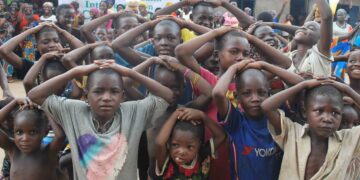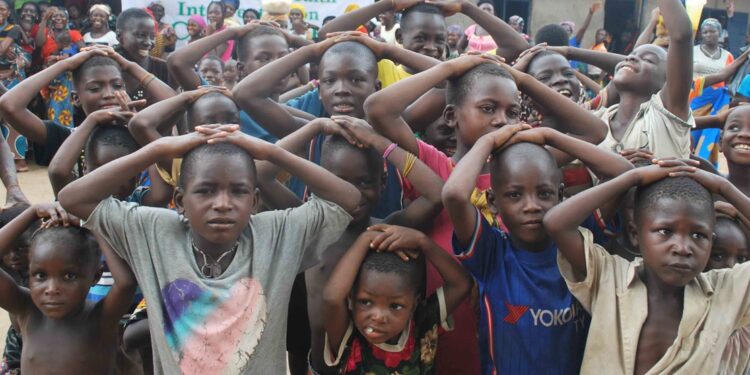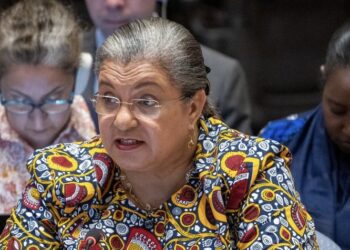By Ebi Kesiena
The United Nations Children’s Fund (UNICEF) has revealed that 10.2 million primary school-age children in Nigeria are out of school, with 16% of this figure coming from the North-West region.
The Chief of UNICEF’s Kano Field Office, Rahama Farah, shared this alarming statistic on Friday while marking the 2025 International Day of Education (IDE) in Kano.
Citing the 2021 Multiple Indicator Cluster Survey (MICS), Farah disclosed that Kano, Jigawa, and Katsina states collectively account for a significant number of out-of-school children, with 989,234 in Kano, 337,861 in Jigawa, and 536,112 in Katsina.
Farah expressed concern not only about access to education but also about its quality, identifying poor learning outcomes in these states.
“Only 1 in 4 children in Nigeria, aged 7-14 years, can read and understand a simple sentence or solve basic arithmetic, according to the MICS 2021 report,” he said.
The situation is particularly dire in Kano, Jigawa, and Katsina, where foundational learning rates are at 11% or lower, as indicated by 2022 tests conducted by the Federal Ministry of Education.
UNICEF has been working to address these challenges in the past year. Efforts include expanding access to education for children from vulnerable families, providing cash transfers, improving school infrastructure, and collaborating with communities, traditional leaders, and decision-makers to boost school enrolment.
Farah called on state governors, particularly in the North-West, to release and utilise allocated funds for the education sector to tackle barriers preventing children from attending school.
“Addressing these challenges is crucial for ensuring every child in Nigeria has access to quality education,” he emphasised.


































